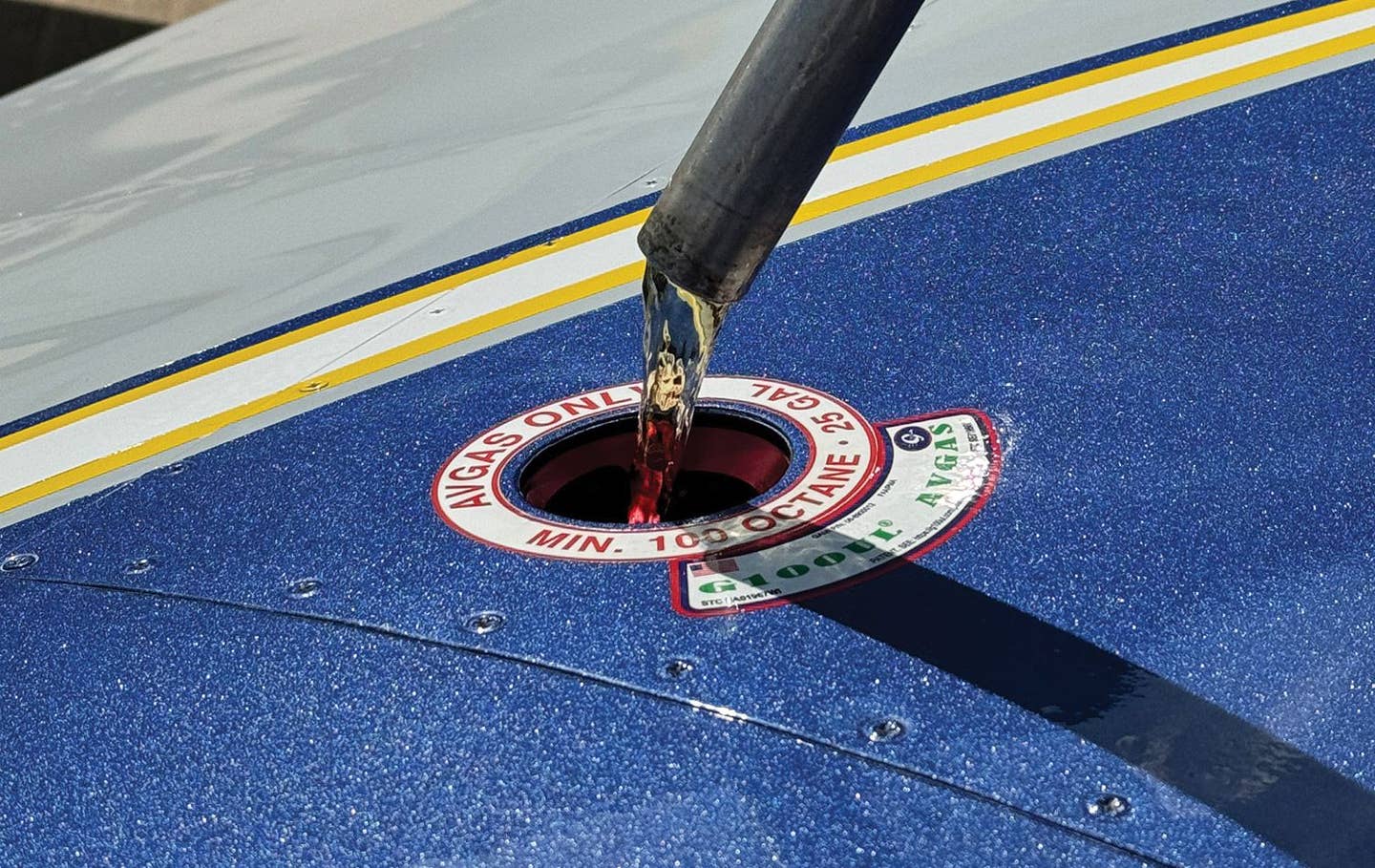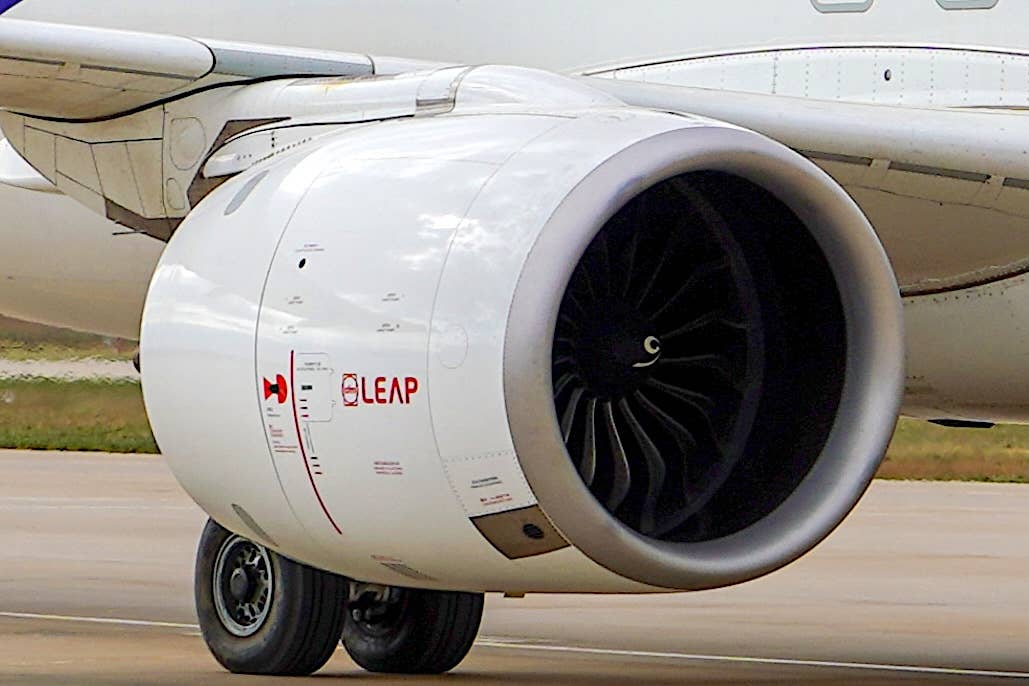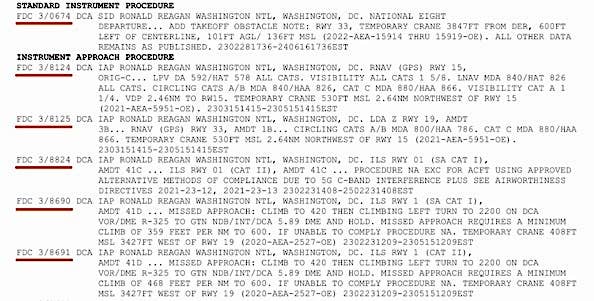Textron Keeps G100UL Off Approved Fuel List, Wants More Testing
Textron issues statements on unleaded fuel compatibility.

Textron says it won't add G100UL unleaded avgas to its approved fuel list until it has been more thoroughly tested. In statements released last Friday (one for singles, one for twins), the company said it won't be giving its stamp of approval to the fuel unless and until that more comprehensive testing has been done. It cites the Piston Aviation Fuel Initiative (PAFI) and the Eliminate Aviation Gasoline Lead Emissions (EAGLE) fuel evaluation process, of which it is an active participant, as the kind of "comprehensive testing of candidate replacement fuels for engine performance, materials compatibility, and operational safety" it's looking for.
GAMI said the statements in Textron's documents have been thoroughly debunked and all the engines in Textron's massive fleet are approved to run safely on G100UL.
“The two new Textron/Cessna Beechcraft “Piston Communiques’“ released as of December 19th , relating to Single and Multi-Engine Textron Aviation Aircraft, each contain claims and allegations about G100UL Avgas that have been repeated over and over again in the various statements from the PAFI/EAGLE participants. Each of those claims about G100UL Avgas have previously been demonstrated by FAA-approved and witnessed testing, and other well documented tests, to not be true," GAMI said in a statement. "The reality is that every single [certified] spark ignition piston powered airplane is approved to use G100UL Avgas. Without exception. That approval covers about 98+% of all of the piston powered aircraft found in the FAA type certificate data base. “
G100UL has an STC certifying its use in all piston engines powering certified airplanes on the FAA registry. It is also certified for use in all piston helicopter engines but not the airframes. That certification was expected earlier this year but hasn't been approved by the FAA. It affects about 3,000 helicopters. Swift Fuels has also received a limited STC for two models of Textron Cessna 172s for its 100R fuel but Swift was not mentioned by name in the statements. Swift has not responded to our request for comment.
The full statements are copied below but the salient parts are as follows:
"Because the STC process, unlike the PAFI and
EAGLE programs, does not involve broad aviation industry coalition participation, neither
Textron Aviation nor its engine suppliers, Lycoming and Continental Motors, have had the
opportunity to conduct the type of comprehensive and wide-ranging performance, compatibility
and operational testing with respect to that fuel needed to provide a basis for approval of the
fuel for use in Textron Aviation’s current and legacy fleet of Cessna and Beechcraft aircraft."
and
"The continued airworthiness and operational safety of our products and their reliable service to
our customers and their passengers is of paramount importance to Textron Aviation. For these reasons, Textron Aviation has not yet approved G100UL for use in its piston engine products. Such approval can only be made by Textron Aviation if the fuel is approved by its engine suppliers and has also undergone testing to confirm its airframe fuel systems performance,
compatibility, and operational safety."
Textron also says it is aware of reports that "two different OEMs have been advised of reported issues with fuel tank sealant degradation following exposure of those sealants to G100UL." It did not specify the nature of those issues and AVweb is aware of three tank issues that have been tied to the use of G100UL. One was on the AOPA Beech Baron fuel test aircraft last summer which was determined to be caused by a leaking patch on a 46-year-old fuel bladder and had nothing to do with the fuel. More recently a couple of Mooney owners have reported fuel seepage issues after switching to G100UL. In one case it was a new leak and in another it involved paint damage on tanks that were already seeping. Neither of those have been definitively blamed on G100UL but a California A and P has released a video detailing his testing of the fuel that shows it damaging paint in certain circumstances. Here are the full statements from Textron:






